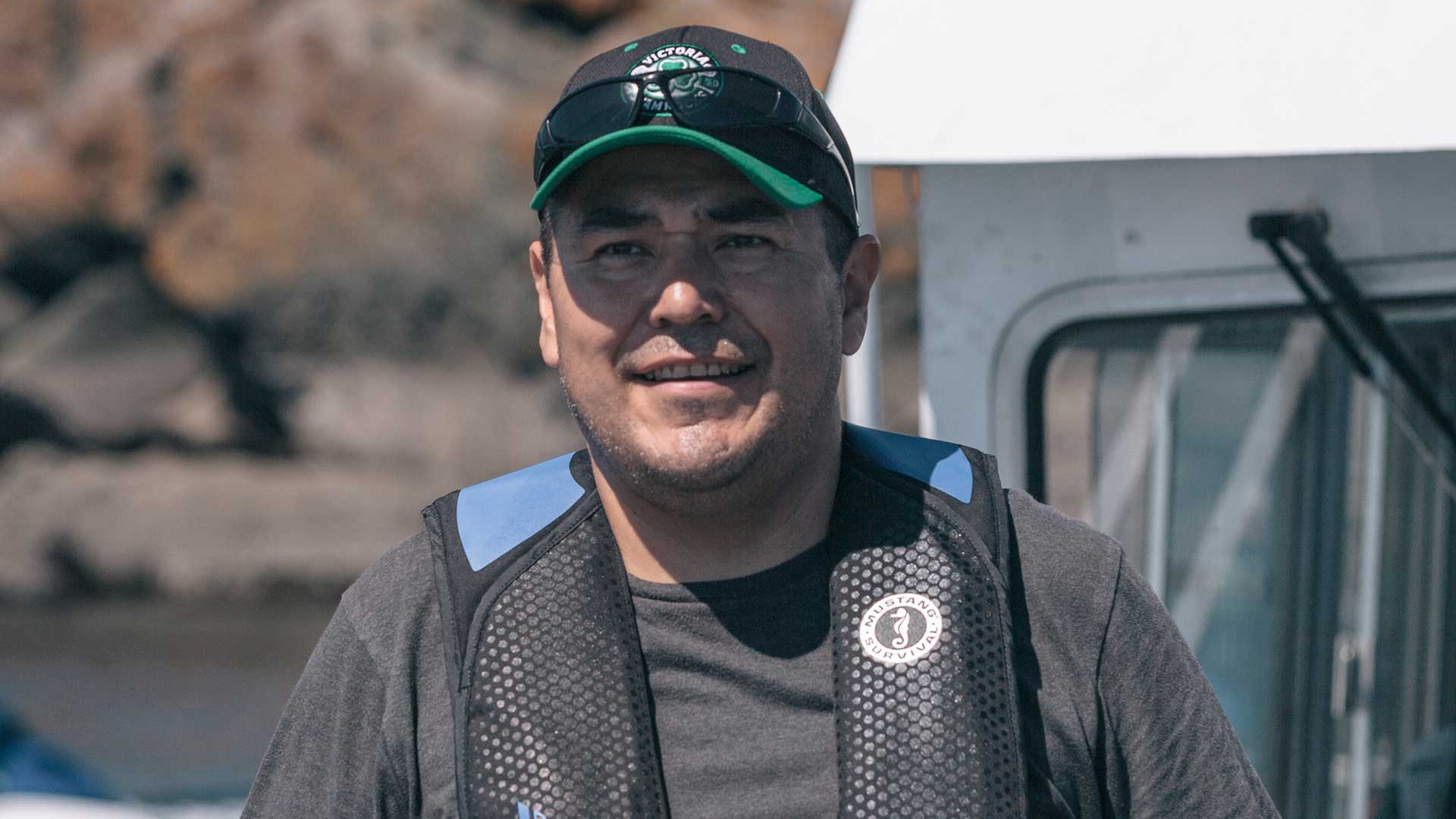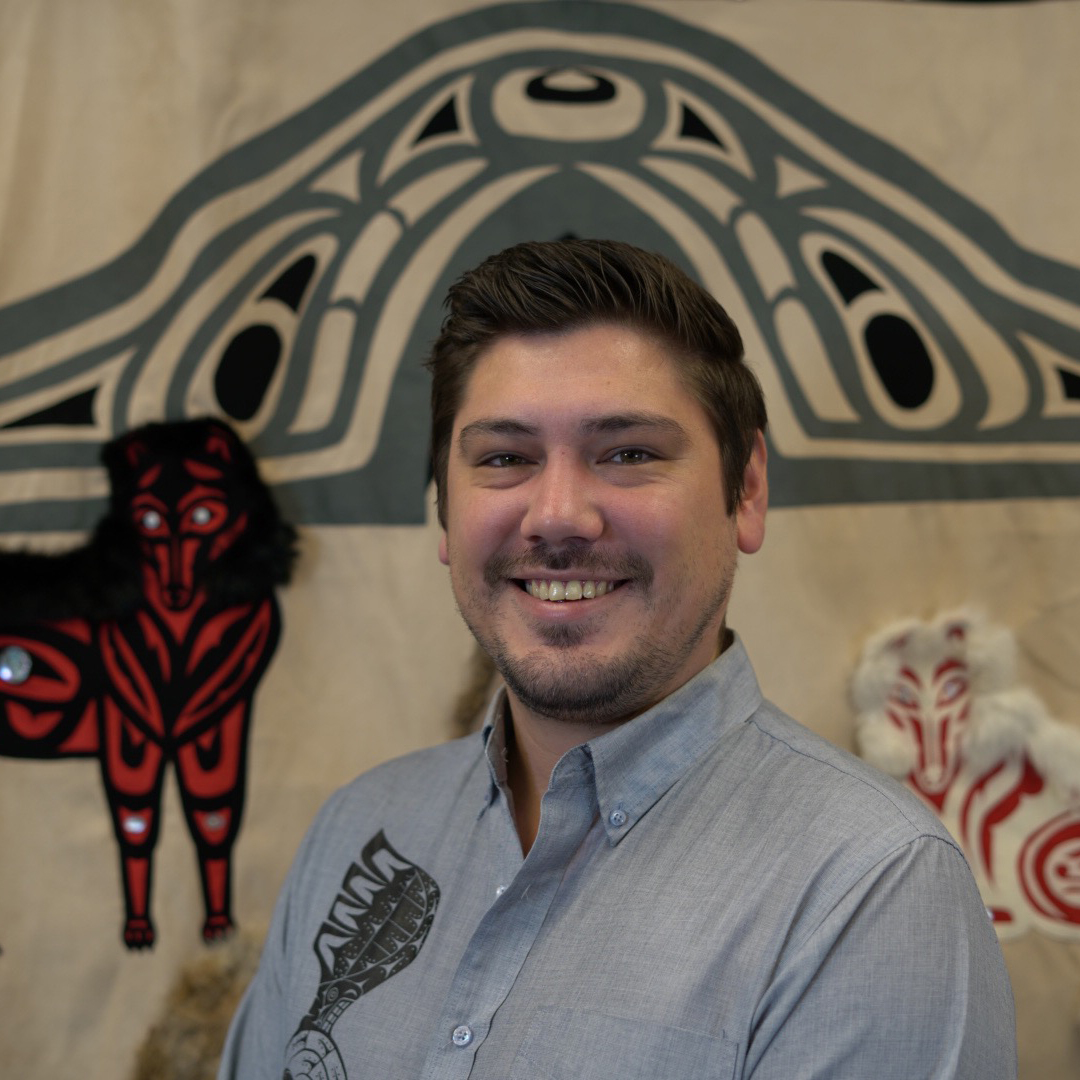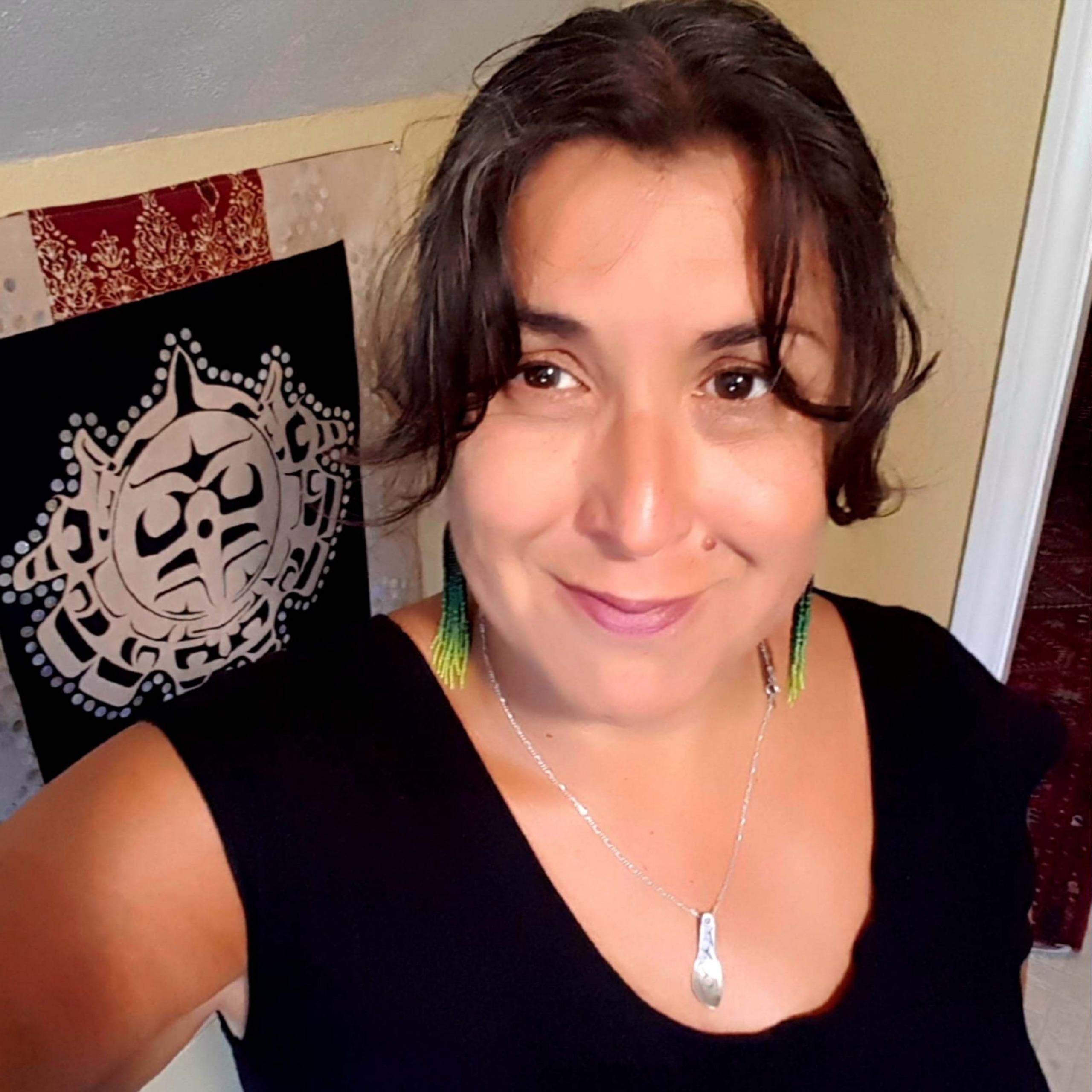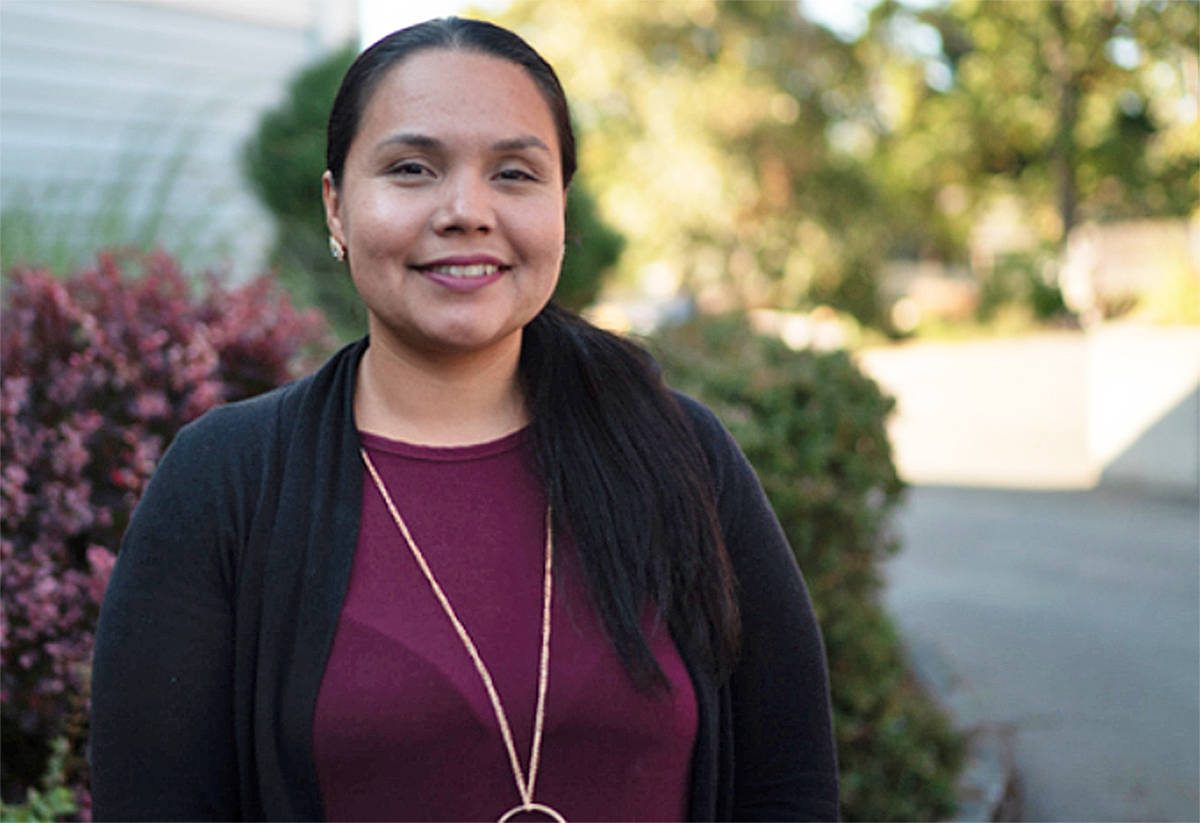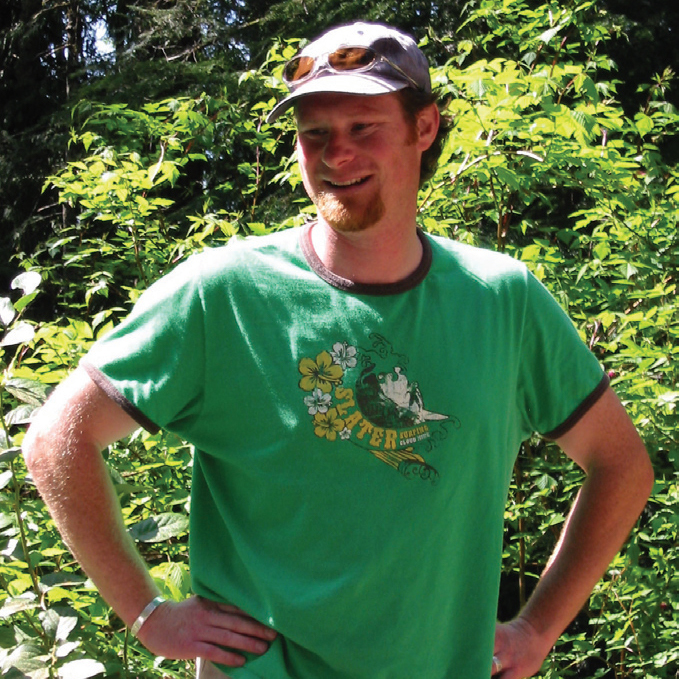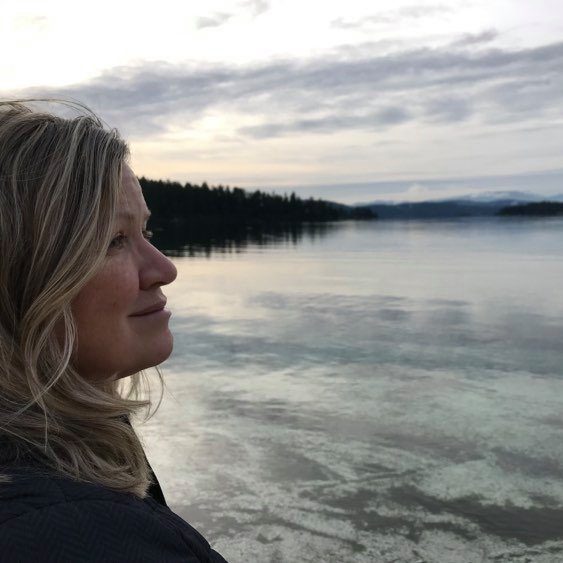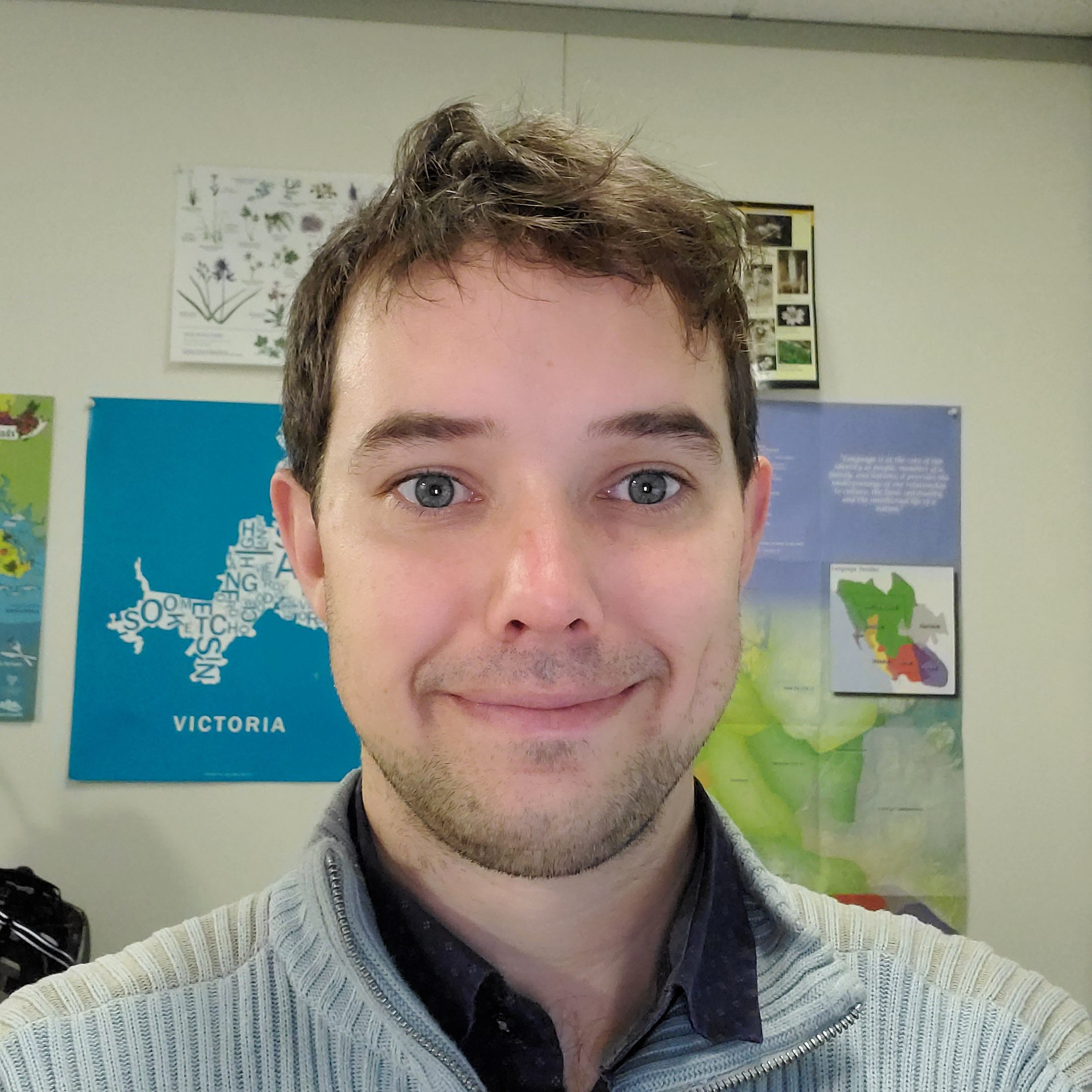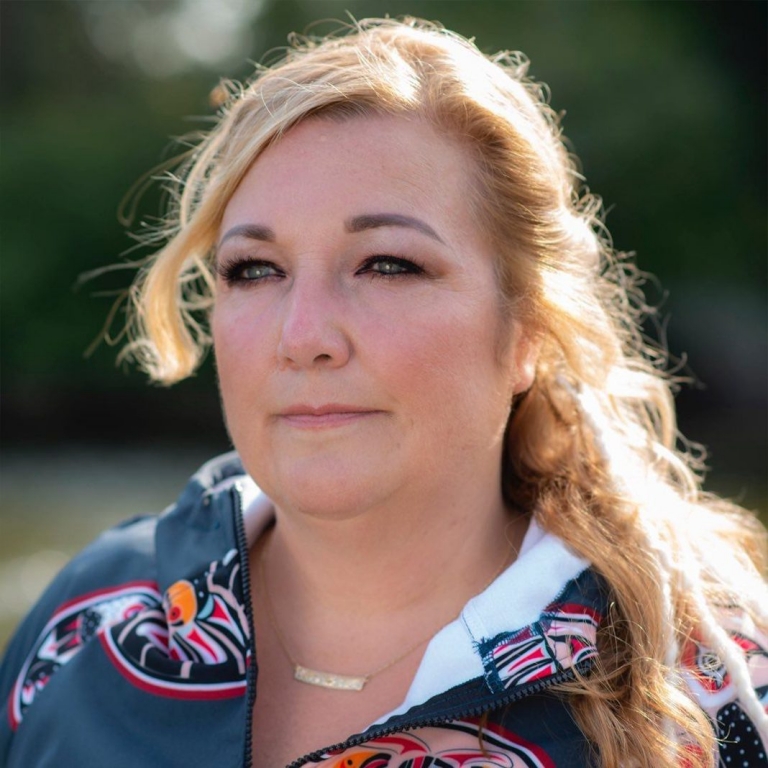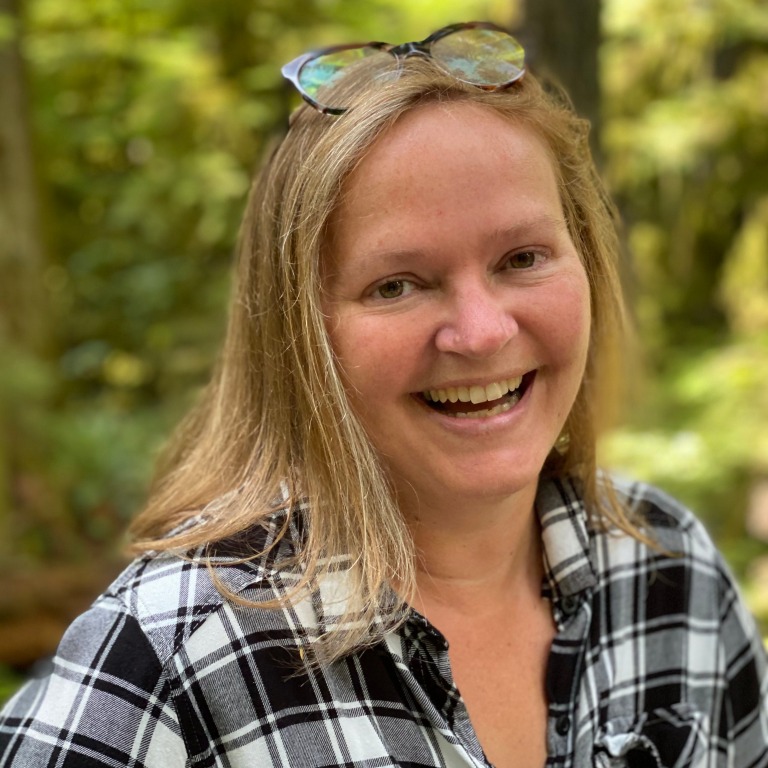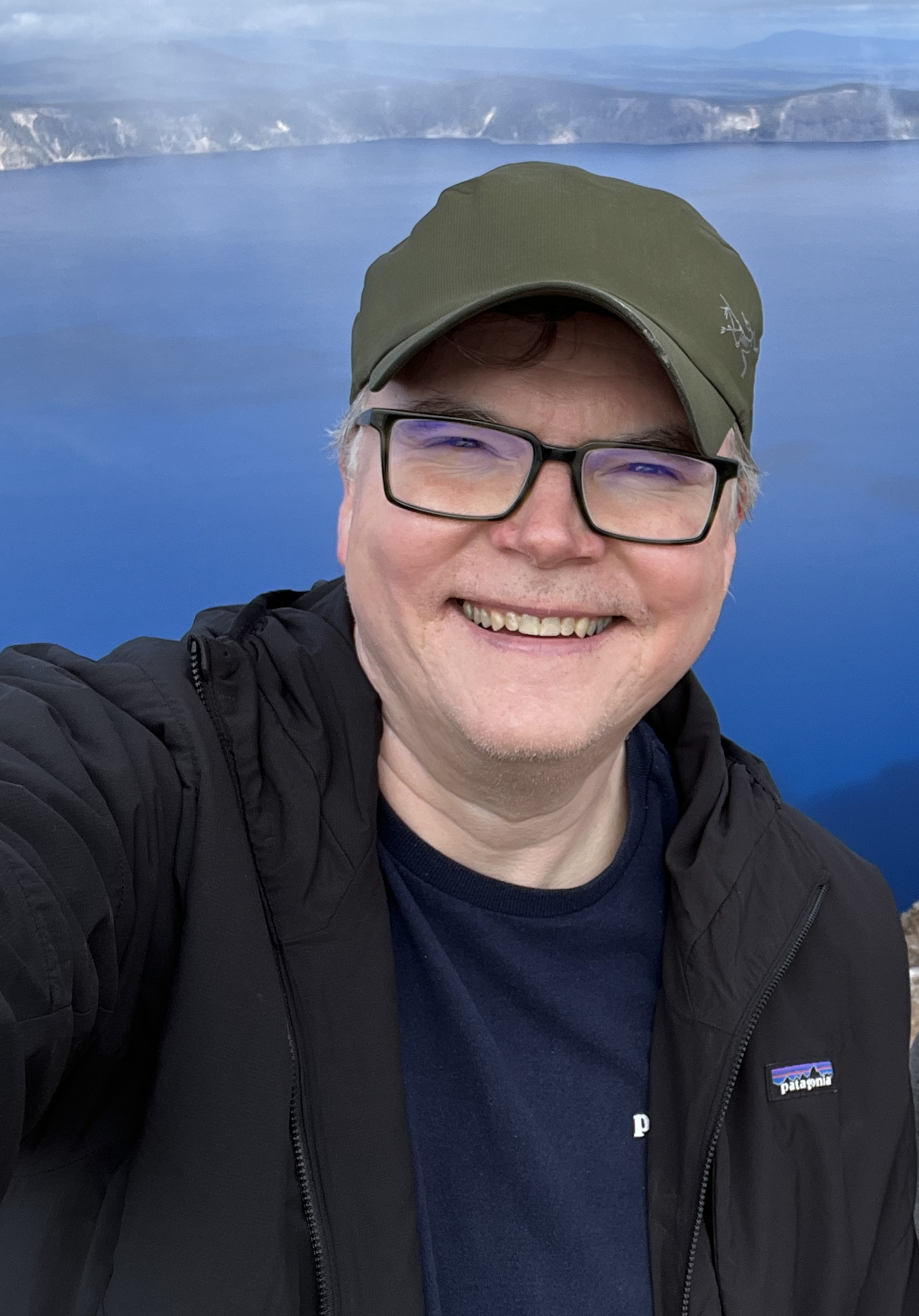Hello! My name is Heather, which is the name given to a flowering evergreen plant that thrives on the peaty barren lands of Scotland, where my ancestors are from. I am a white Settler researcher, trained as a health geographer. I do community-based participatory research in solidarity with Indigenous Peoples in their communities and with their organizations and Nations on their priority issues that fall within my areas of experience: the nexus of cultures, places, power/resistance, and relational ethics.
I am the Scientific Director of the Health, Environment, and Communities Research Lab (HEC Lab) that focuses on reconciliatory, respectful, reciprocal, and responsible community-led participatory research. The HEC Lab is committed to equity-oriented projects that apply social, environmental, and health lenses, and our work comes together through intersections of cultures, places, power/resistance, and relational ethics using innovative, decolonizing research methodologies.
I have lived in multiple Indigenous territories and having received teaching from many generous and patient Indigenous Elders and Knowledge-Keepers, I am grateful to now live and work (as an uninvited guest) in the traditional territories of the lək̓ʷəŋən speaking peoples: the Esquimalt, the Songhees and the W̱SÁNEĆ First Nations. I acknowledge, with respect and deep appreciation, their close and continuing relationship to the land and waters surrounding us and I am committed to learning how to be a good guest here, and to support others in their learning journeys to doing the same.
